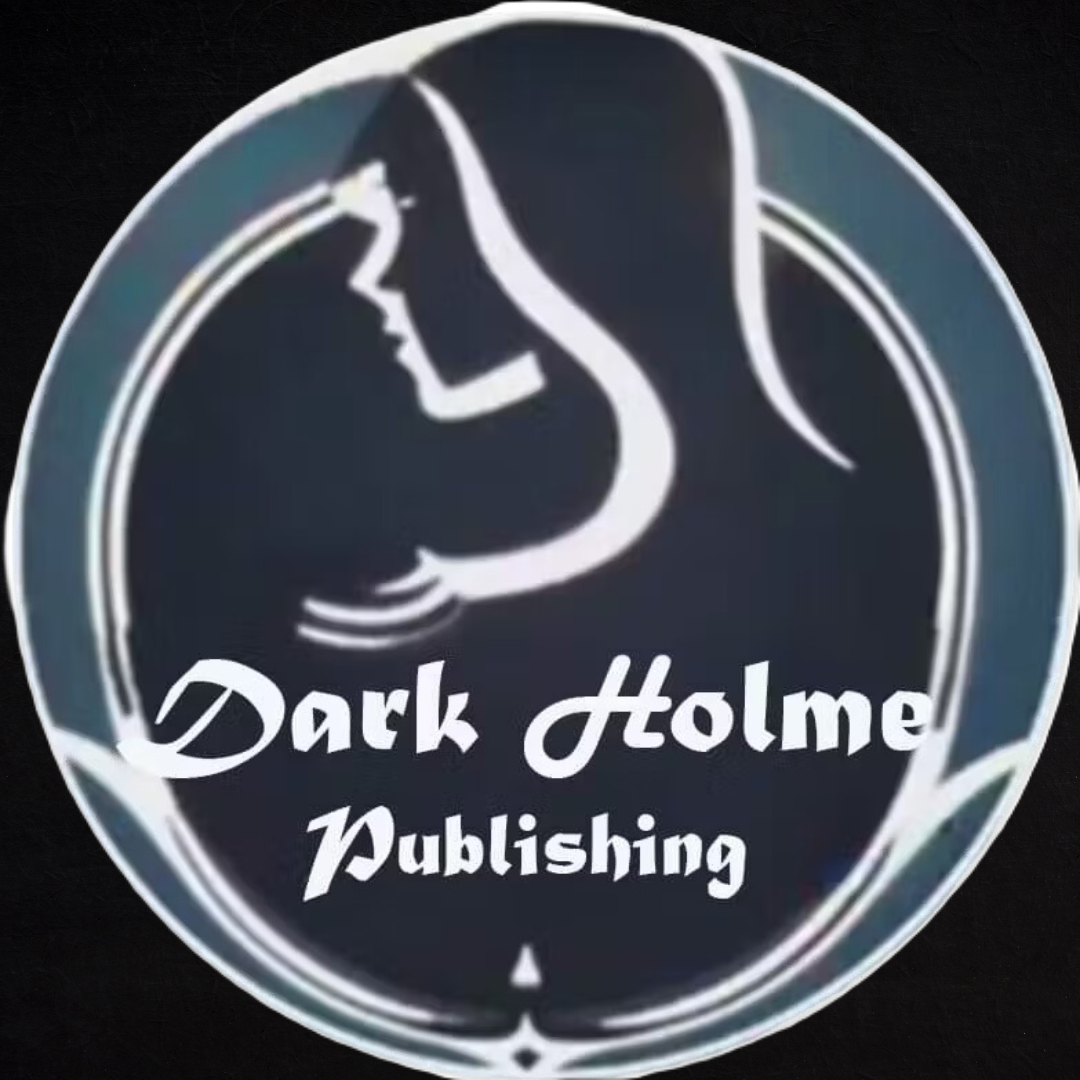Hello, dark creatives! 🖤
Unreliable narrators are among the most fascinating and powerful tools in a horror writer’s arsenal. They twist the truth, distort reality, and leave readers questioning everything they’ve just read—creating a deliciously unsettling experience that lingers long after the story ends. In this workshop, we’ll dive deep into what makes an unreliable narrator effective and explore ways to bring them to life in your own writing.
What is an Unreliable Narrator?
An unreliable narrator is a storyteller whose account of events can’t be fully trusted. Whether they’re lying, delusional, biased, or simply mistaken, their perspective creates tension and keeps readers on their toes. In horror, this device amplifies fear and unease by making the reader doubt not only the narrator but their own interpretation of the story.
Why Use an Unreliable Narrator in Horror?
Builds Suspense: Readers are constantly second-guessing what’s real, keeping them engaged and uneasy.
Amplifies Psychological Horror: The narrator’s mental state can become as terrifying as the events themselves.
Creates Big Twists: A sudden revelation about the narrator’s unreliability can completely reframe the story.
Immerses the Reader: By aligning the narrative with the character’s distorted perspective, you pull readers deeper into their world—and their fears.
Types of Unreliable Narrators
The LiarThey deliberately deceive the reader for personal gain, revenge, or manipulation.Example: Amy in Gone Girl meticulously crafts her narrative to mislead both her husband and the audience.
The DelusionalTheir perception of reality is compromised due to mental illness, trauma, or supernatural influence.Example: The narrator in The Yellow Wallpaper descends into madness, leaving the reader unsure of what’s real.
The Naive ObserverThey lack the experience or knowledge to fully understand what’s happening, leading to unintentional misrepresentation.Example: In Room by Emma Donoghue, the child narrator interprets horrific events through his limited understanding.
The Unknowing WitnessThey only have part of the story and fill in the gaps with assumptions, leading readers astray.Example: In Shutter Island by Dennis Lehane, the protagonist’s unreliable account hides deeper truths about himself.
How to Write an Unreliable Narrator
Establish Credibility EarlyBegin with a narrator who seems trustworthy. Gradually reveal cracks in their story to make their unreliability more impactful.
Drop Subtle CluesUse inconsistencies, contradictory details, or omitted information to hint at the narrator’s unreliability.
Leverage First-Person POVWriting in the first person immerses readers in the narrator’s mind, making their biases and distortions feel natural.
Keep Readers GuessingBalance ambiguity and clarity. Give just enough information to make readers question the truth without frustrating them.
Motivate Their UnreliabilityWhy is your narrator unreliable? Are they protecting a secret? Escaping guilt? Or genuinely unable to discern the truth? A strong motivation adds depth and believability.
Workshop Activity
Write a short scene featuring an unreliable narrator.
Let the narrator recount a terrifying event, but include subtle inconsistencies or moments that make the reader question their perspective.
Think about their motive for being unreliable—are they lying, deluded, or simply naive?
Post your scene in the thread if you’re comfortable, and let’s collaborate! Read others’ work, provide constructive feedback, and discuss what makes their narrator compelling or where the tension could be heightened.
Discussion Points
Have you written an unreliable narrator before? What challenges did you face?
What are your favorite examples of unreliable narrators in horror literature or films?
How do you balance creating a narrator who is unreliable but still engaging and relatable?
Let’s explore the twisted perspectives that make horror writing so unforgettable. Don’t be afraid to experiment and share your ideas—the darker and more distorted, the better! Together, we’ll craft narrators who haunt the reader’s mind long after the final page. 🖋️👻
#UnreliableNarrator #HorrorWriting #DarkCreativity #WritersWorkshop

